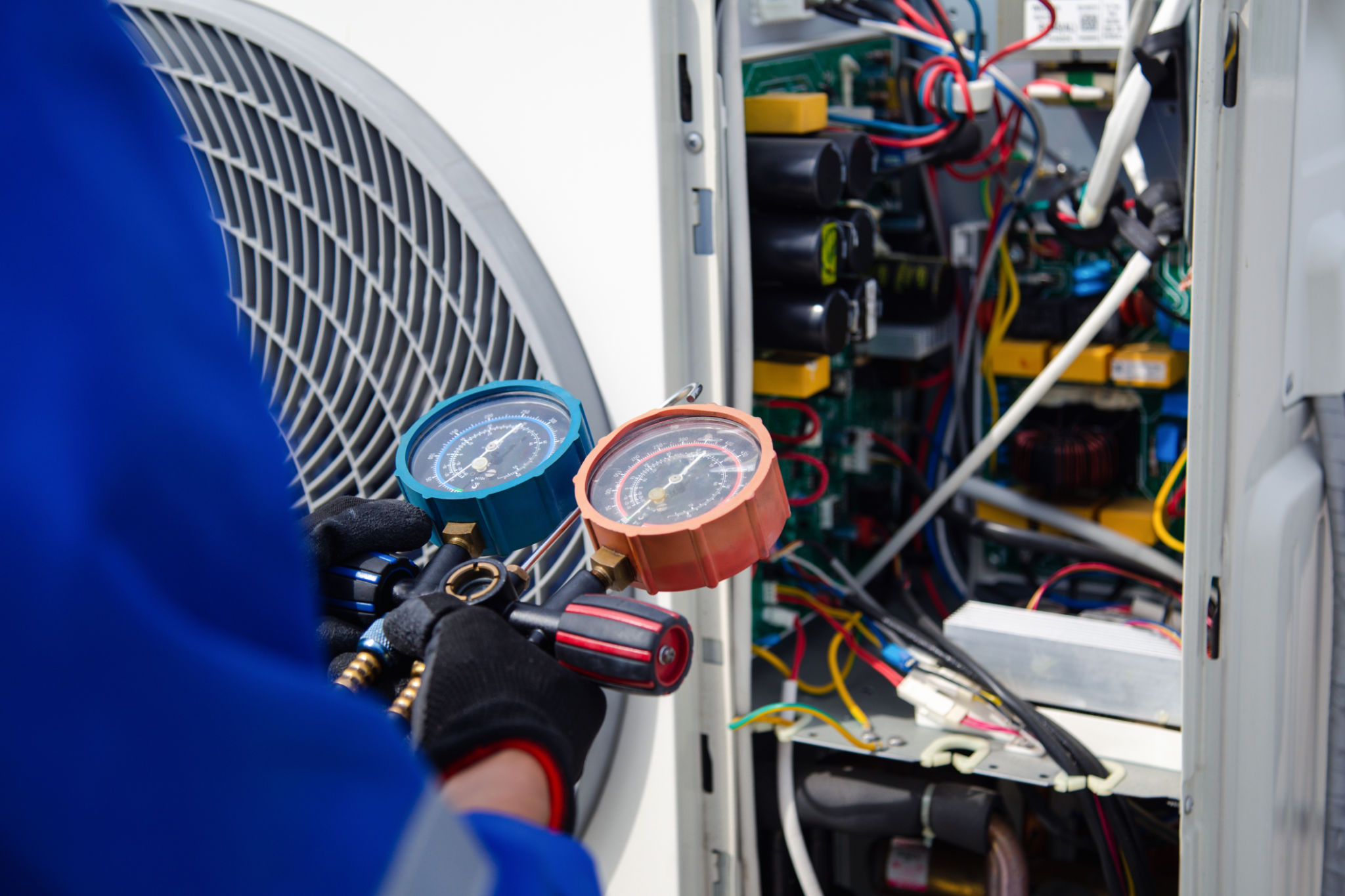Understanding the Impact of Seasonal Changes on HVAC Systems in Singapore
CH
The Unique Climate of Singapore
Singapore is renowned for its tropical climate, characterized by high humidity and consistent temperatures throughout the year. Unlike temperate regions with four distinct seasons, Singapore experiences only minor fluctuations in weather patterns. This poses unique challenges and opportunities for HVAC systems, which must be adaptable to handle not just the heat, but the persistent humidity as well.
The climate demands that HVAC systems operate efficiently year-round, emphasizing the need for regular maintenance and system checks. Understanding the impact of these subtle seasonal changes on HVAC systems can help in optimizing performance and ensuring energy efficiency.

Humidity: The Ever-Present Challenge
One of the most significant factors affecting HVAC systems in Singapore is humidity. With relative humidity levels often exceeding 80%, HVAC systems must prioritize dehumidification along with cooling. High humidity can lead to discomfort, mold growth, and increased energy consumption if not properly managed.
To combat this, many HVAC systems incorporate advanced dehumidification technologies. It is crucial for homeowners and businesses to ensure their systems are equipped to handle these conditions, as neglecting humidity control can lead to increased wear and tear on the system.
Rainy Seasons and Their Impact
Despite the lack of traditional seasons, Singapore does experience periods of increased rainfall, typically during the Northeast Monsoon from November to March and the Southwest Monsoon from June to September. These rainy seasons can impact HVAC performance in several ways.
Firstly, excess moisture can place additional strain on the system’s dehumidification capabilities. Secondly, outdoor units are more susceptible to water damage and corrosion due to increased exposure to rainwater. Regular inspections and maintenance during these times can help mitigate potential issues.

Energy Efficiency Considerations
In a region where HVAC systems operate almost continuously, energy efficiency becomes a crucial aspect of system design and operation. Selecting energy-efficient models can lead to significant savings on electricity bills while reducing environmental impact.
Some key features to look for include inverter technology, which allows for variable speed operation, and smart thermostats that optimize temperature settings based on usage patterns. These technologies not only improve comfort but also enhance the lifespan of the system by reducing unnecessary strain.
Maintenance: A Year-Round Necessity
Given the constant demand placed on HVAC systems in Singapore, regular maintenance is not just recommended but essential. Routine checks ensure that all components are functioning correctly and that any potential issues are addressed before they escalate.
- Clean or replace air filters monthly to maintain airflow.
- Inspect refrigerant levels to ensure optimal cooling performance.
- Check for any signs of corrosion or leaks in outdoor units.

Adapting to Future Climate Changes
With ongoing climate change, Singapore may face shifts in weather patterns that further impact HVAC systems. Being proactive in system upgrades and choosing adaptable technology will be key in maintaining comfort and efficiency in the long term.
Investing in robust systems capable of adjusting to potential changes will safeguard against unexpected spikes in temperature or humidity. Staying informed about advances in HVAC technology can also provide a competitive edge in energy management.
Conclusion
Understanding the effects of seasonal changes on HVAC systems in Singapore is essential for maintaining a comfortable indoor environment. From managing high humidity levels to ensuring energy efficiency, each aspect plays a vital role in system performance.
Regular maintenance and staying informed about technological advancements will allow homeowners and businesses to maximize the lifespan and efficiency of their HVAC systems amidst Singapore's unique climate conditions.
